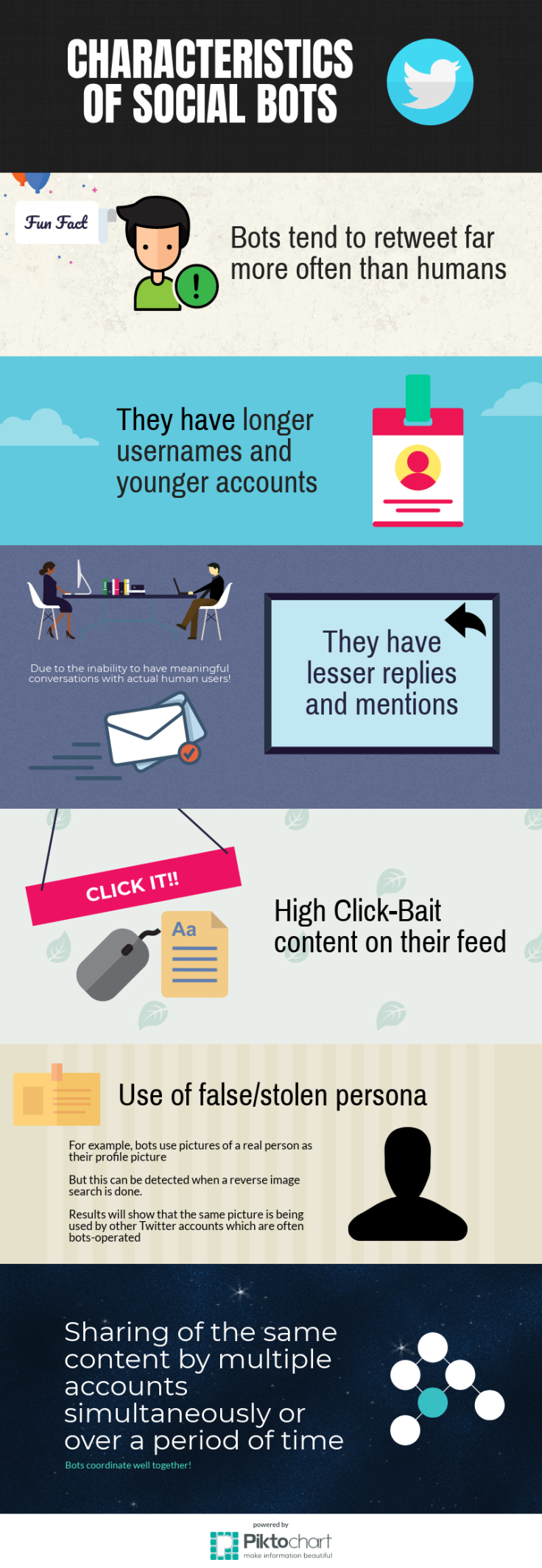
Quality of online information
In my previous post, I mentioned about Echo chambers, filter bubbles and fake news. But that are just a small part of the whole digital world. The study of fake news fits neatly into media literacy units where it allow us to consume and view media critically (Mgongolwa, 2017).
Source: Original Content
Having to assess the reliability and authenticity, you will think about the quality of the source and how do we evaluate it.
Continue reading →









